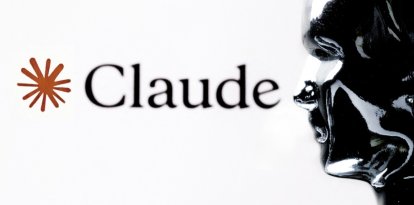Was the direwolf really revived? A scientific journal says no
The media pointed out that what the company did was nothing more than modifying the DNA of the modern gray wolf breed.

Direwolf in captivity.
The science magazine New Scientist explained in a articlethat the announcement by the company Colossal Biosciences in which it claimed to have revived the mythical direwolf would not be entirely true, having neither brought back to life nor resurrected from extinction the legendary animal, which became extinct more than 13,000 years ago. In its publication, the media pointed out that what the company did was nothing more than modifying the DNA of the breed of modern gray wolves, editing 20 genes, of which 15 would come from the genome of the direwolf, which became widely known worldwide as the wolf symbol of House Stark in the famous series Games of Thrones.
Last Monday, Colossal Biosciences announced that it had managed to "desextinct" this species of wolf, adding that such a milestone had been possible thanks to the modification of DNA-derived genes that company scientists found in 2021 in different fossils of the direwolf that were between 11,000 and 72,000 years old. The release also detailed that some of the DNA used in their experiment came from both a skull and a tooth of the direwolf.
Genetically modified gray wolves
The journal explained in its article that these genomes are perfectly designed to change three essential characteristics in wolves, such as size, musculature and ears. Likewise, the journal detailed that the function of the remaining five genomes would serve to give the wolves a lighter coat, so that they could develop a greater resemblance to direwolves, without actually being of this species being originally gray wolves.
In short, New Scientist commented that Colossal Biosciencesdid not create or revive the direwolfbut simply added certain characteristics of it to the gray wolf, the species to which the three puppies revealed by the company, whose names are Romulus, Remus and Khalessi, would belong. The magazine even assured that, beyond the resemblance in physique, these three puppies were nothing more than genetically modified gray wolves.
























